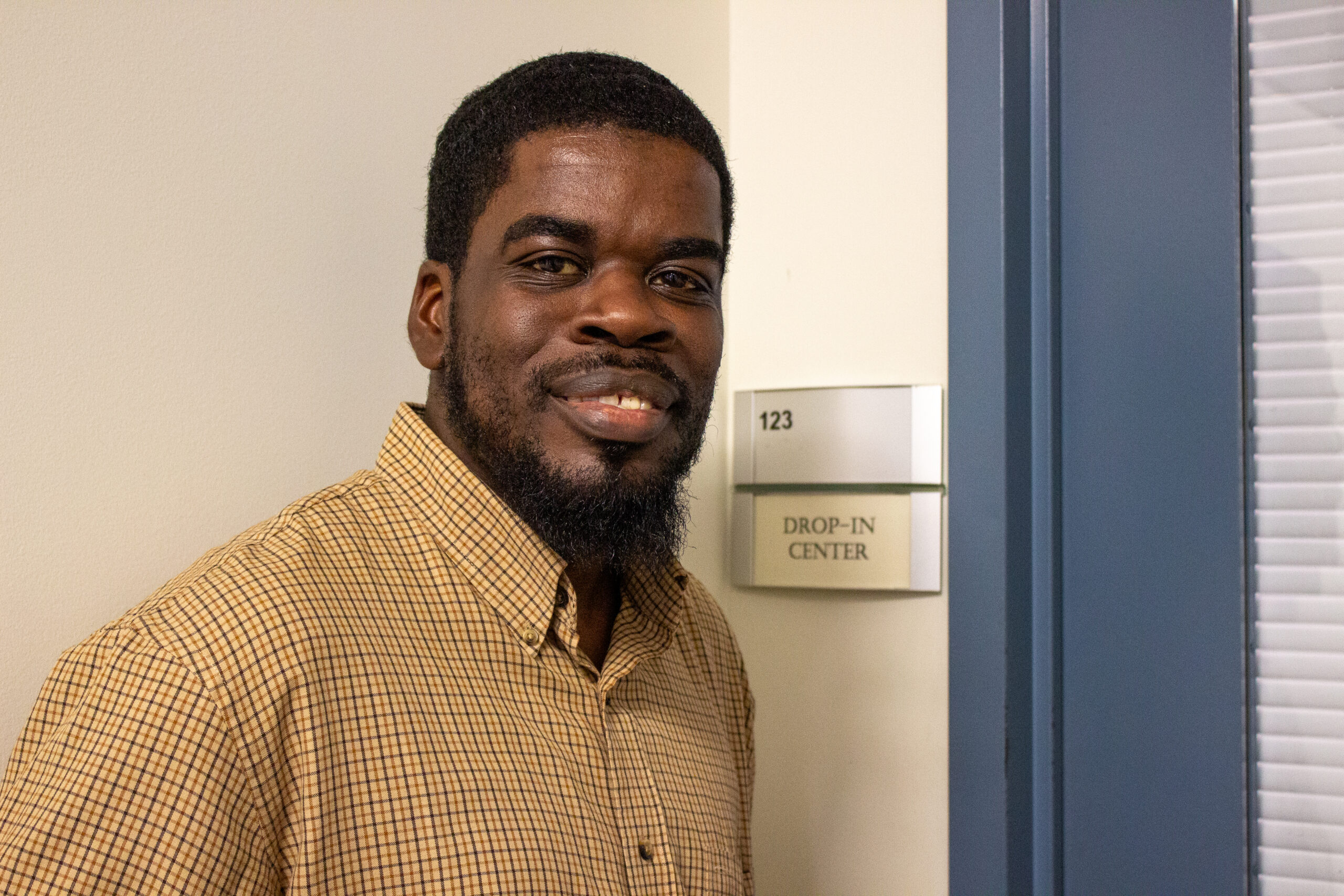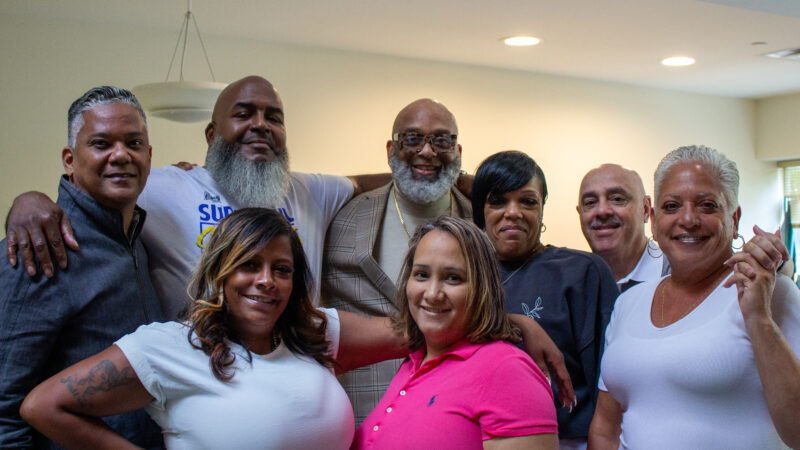BLOG
- CRIS-J
- Atlas HOPE
- Women Rising
- Supervised Release
- Digital Equity
- Recovery (the NEST)
- Care Management
- Housing
- Employment Services
- Education
- Family Services
- Alternatives to Incarceration
- Mental Health
- Substance Use
- Treatment Services
- Health Services
- Benefits Application Assistance
- Food and Nutrition
- Creative Arts
- Transitional Services
- DRCPP
- Events
- Participant Stories
- 2024
- 2025
- AAPI
- activities
- advocacy
- affordable housing
- album release
- Annual Gala
- Anthony Rivera
- art
- Arts
- Arts Festival
- Asian American
- ATI
- Atlas
- Behind Bars
- Behind the bird
- benefits
- benefits access
- Better Living Center
- Beyond Release
- Black History Month
- BLC
- Bloomberg Fellowship
- book club
- bronx
- business owner
- C-CAP
- Career
- career readiness
- Career Readiness for Reentry
- career success
- CARES Act
- case management
- case manager
- Castle
- Castle Gardens
- CEO
- chef troy
- Children
- choir
- Community
- community event
- counseling
- court advocacy
- court mandate
- creative
- Creative Arts
- culinary arts
- cybersecurity awareness month
- david rothenberg
- David Rothenberg Center for Public Policy
- DE
- DEI
- Delacorte
- dest2nation
- Digital
- Digital Divide
- digital equity
- digital skills
- Diversity Equity and Inclusion
- donate
- DRCPP
- Drone
- Education
- election
- employment
- employment assistance
- employment services
- emplyoment
- entrepreneurship
- event
- exhibition
- fair chance for housing
- fair housing
- Fair Housing Month
- family
- family services
- Father's Day
- food
- food and nutrition
- food insecurity
- food pantry
- food pantry bronx
- Fortune Faces
- Fortune Flyers
- Fortune Fresh. food access
- Fortune News
- Fortune Singers
- Fortune staff
- Fortune50
- Freedom House
- fundraising
- Gala
- Gala2021
- gallery
- gardening
- GED
- giving
- Grow with Google
- guide
- GWG
- healing
- health
- healthcare
- Healthcare Coordination
- healthy lifestyle
- Heritage Month
- HIV
- HIV/AIDS
- Hope and Justice
- housing
- HSE
- identity theft
- interns
- internship
- Joe's Pub
- Journey
- Justice in Action
- Labor Day
- leadership
- learning
- legislation
- legislative priorities
- LGBT
- LGBTQ
- LGBTQIA+
- mandaela
- Mandaela Community
- Marathon
- Martin Luther King Day
- mass incarceration
- Medicaid
- medical student
- Mental Health
- mental health treatment
- mentor
- mock interview
- MoMA PS1
- mothers day
- Music Cafe
- musical
- Native American
- NEST
- new hire
- new program
- new year
- New York City
- newsletter
- nutrition
- nutrition counseling
- NYC Marathon
- online safety
- organizing
- Pacific Islander
- pantry
- parenting
- parents
- Participant Stories
- Path
- peer support
- Performance
- performing arts
- policy
- policy center collective
- Pride
- Pride Month
- priorities
- professional
- professional development
- public benefits
- public health
- Public Theater
- Public Works
- readiness
- reconnecting
- Recovery
- reentry
- research
- Resource Guide
- resources
- RISE
- robotics
- Runner
- service center
- Shakespeare in the Park
- Shelter
- skill building
- skills building
- sky garden
- SNAP
- Solitary Confinement
- spring
- SRP
- staff
- staff stories
- Stanley
- Stanley Richards
- storytelling
- substance use
- Success
- success story
- supervised release
- support
- supportive housing
- Systems Babies
- Tax
- tax season
- Taxes
- Tech
- Tech Fair
- tech workshops
- tempest
- Thanksgiving
- The NEST
- theatre
- therapy
- trans women
- transitional services
- treatment
- visual art
- Volunteer
- voting
- webinar
- weekly groups
- WHM
- WIBO
- women
- Women rising
- Womens History Month
- workshop
- YEC

Fortune’s Health Services Supports Access to Critical Medical Care
The transition from incarceration back to the community is a crucial time for individuals living with HIV/AIDS, and effective transitional planning is essential to ensure that they connect to medical care after their release. Access to safe and stable housing, transportation assistance, employment opportunities and health education are all key factors in ensuring people with HIV/AIDS connect with and maintain medical treatment after release.
The Fortune Society’s Health Services team aims to address this concern. They provide individuals living with, or at risk of developing, HIV and AIDS with discharge planning, case management, connection to community-based treatment and HIV prevention education. This holistic and integrated approach to serving formerly incarcerated individuals living with HIV/AIDS helps ensure their safe and healthy transition back into the community.
Community Health Workers Offer Critical Support
Michael joined the Health Services team, or the Drop-In Center, about ten years ago as a Community Health Worker (CHW) before becoming a Transition Specialist Coordinator. He works directly with participants from their time on Rikers Island up to 90 days after their release. During that time, CHWs aim to connect participants with medical care within the first 30 days of their release.
Michael noted some barriers to getting participants connected to a medical provider within 30 days, including losing contact with individuals upon release. CHWs and Transitions Coordinators help them develop transition and care plans for their release to address this.
“We establish our care on Rikers, so if they don’t have a medical provider, we can refer them,” Michael explained. “When they get released, they have their first appointments set up, and we also have a list of pharmacies we can refer them to. We also make sure to transport them from Rikers when they’re released, which helps establish trust with them during the vulnerable transitional period.”
The Value of a Transition Plan and Wraparound Services
Individuals receiving health services at Fortune also gain access to wraparound services, including case management and housing assistance. While on Rikers Island and upon immediate release, staff at the Drop-In Center work with participants to establish their specific needs and prepare a care plan.
“We can refer them to HIV/AIDS Services Administration (HASA) for housing,” Michael said. “We try to get them connected with benefits, entitlements, and we also tell them about the food pantry here. We want them to have access to everything they can when they’re just getting out.”
Michael emphasized the importance of allowing participants access to Fortune’s services, including the convenience of finding services in one location. The staff at the Drop-In Center can make referrals, offer critical resources, and there is a staff of Entitlement Specialists who work on-site, as well.
“Having everything here, and with us being here to call and make referrals or find the services they need, they can just come to us and get access to many things that they need,” Michael said. “It’s convenient, because a lot of our clients are from this area or the Bronx, so it can be easier to get here than to some other places. Or, if they need to go to Long Island City for something, we can give them a ride.”
As Health Services aims to address the barriers individuals with HIV/AIDS face connecting to medical care after incarceration, they also seek to help participants navigate their reentry journeys as a whole. Michael shared that he, and the rest of the Health Services staff, are sure to establish trust with participants and continue to approach them with dignity and respect.




